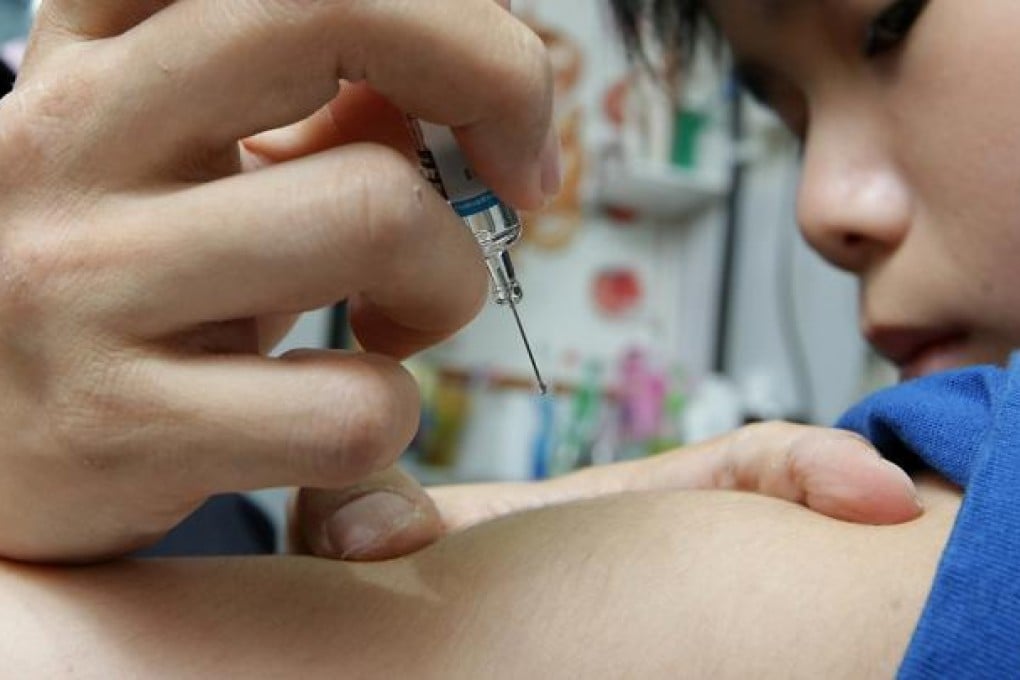My Take | Hong Kong did right by MMR vaccine
Hong Kong's health authorities have insisted in the last decade that the combined measles, mumps and rubella (MMR) vaccine for young children is safe.

Hong Kong's health authorities have insisted in the last decade that the combined measles, mumps and rubella (MMR) vaccine for young children is safe.
For their stance, they have been accused by some parents and advocates of being bureaucratically blind or in league with drug companies. Essentially, critics base their advocacy on the work of a single medical researcher, since discredited and disqualified, to claim a link between MMR, bowel disease and autism. Since 2001, I have periodically written columns to debunk the MMR myth. Each time, I attracted my usual share of criticism, almost always from expatriate parents.
As it turns out, Hong Kong's public medical officials have been vindicated. Thanks to them, local parents do not have to care for children made ill by measles or wait in queues for hours to give their kids a last-minute MMR jab, like their counterparts in South Wales, which is experiencing a measles epidemic. Medical officials have attributed the outbreak, centred around Swansea, to the result of a 10 to 15-year "legacy" of concern about the safety of the vaccine. The MMR furore has been a case of 21st century medical hysteria, manufactured almost wholly in the English-speaking world.
Hong Kong's MMR immunisation rate never drops below 95 per cent and in most years is actually higher, unlike some countries, notably Britain, where some areas have rates as low as 60 per cent. It's not clear the city's officials deserve kudos, though. They did what bureaucrats do best - maintain the status quo. And that, whether thanks to luck or evidence-based medicine, turned out to be the right course to take.
In February 1998, Andrew Wakefield and his co-researchers published the now-discredited study of 12 children with autism in The Lancet. Since then, dozens of studies sponsored by global health bodies and top medical research centres - costing tens of millions of dollars of public money - have failed to find an MMR link. The Lancet has retracted the paper, calling it "an elaborate fraud". Wakefield has been barred from practising medicine in Britain.
He and his supporters are still fighting for the anti-vaccine movement, mainly in the UK and US. Thankfully, it's a lost cause.
